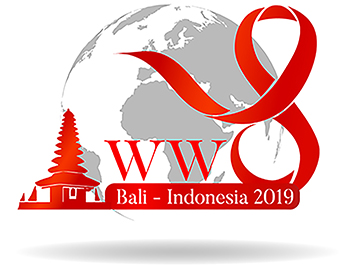Ratih Widyasari, Euis Reni Yuslianti Rachman, Indah Puti Rahmayani Sabirin, lila vininingtyas
Conservative Dentistry, Jenderal Achmad Yani University, Cimahi, West Java, Indonesia.
Oral Biology, Jenderal Achmad Yani University, Cimahi, West Java, Indonesia.
Oral Biology, Jenderal Achmad Yani University, Cimahi, West Java, Indonesia.
Abstract
Objectives: The endodontic management of HIV patients with pulpal and periapical disease can be challenging, when you consider the degree of compromised immunity and the potential risk of seroconversion for the clinician. A sound understanding of endodontic management is required to treat pulpal and periapical disease in HIV-infected patients.
This literature review aims to provide an overview for general practitioners and endodontic specialists to inform the future endodontic management of HIV-infected patients, and to optimise the risk of sero-conversion for the clinician.
Methods: The search was conducted using the following key words: "endodontic management" and "endodontic management on HIV" alone or in combination with "literature review," "pulpectomy," "HIV" "infection control," and "case report."
Results: The findings from the reviewed articles fall into several categories, which are: HIV, Endodontic Management, Endodontic Management of HIV patient, Case Reports, Infection Control.
Conclusions: There were no significant differences in the results of endodontic treatments provided to patients with or without HIV. Immune responses of the periodontal and periapical tissues in HIV cases were more commonly found causing more severe symptoms of pain and/or apical/periodontitis lesions.
These facts serve to demonstrate that endodontic treatment should be rapidly available, especially for HIV patients. There were no differences in the treatment outcomes for HIV or non-HIV patients, provided the endodontic management, and infection control in particular, were of a high standard.
Universal infection control protocols must be undertaken to the same standard when providing endodontic treatment to HIV or non-HIV patients.
Information and training regarding treatment procedures and infection control protocols that are the same for all patients (universal precaution) are required to decrease the risk of accidental sHIV transmission. Universal precautions for infection control make it possible to provide immediate treatment of pulpal or periapical diseases, which in turn will control the progress and severity of the disease experience for ill patients but, particularly for HIV patients who are immuno-compromised.



